Why haven't I had Covid yet? 6 reasons, according to a doctor
As new vaccine SpikeVax is given the green light in the UK.
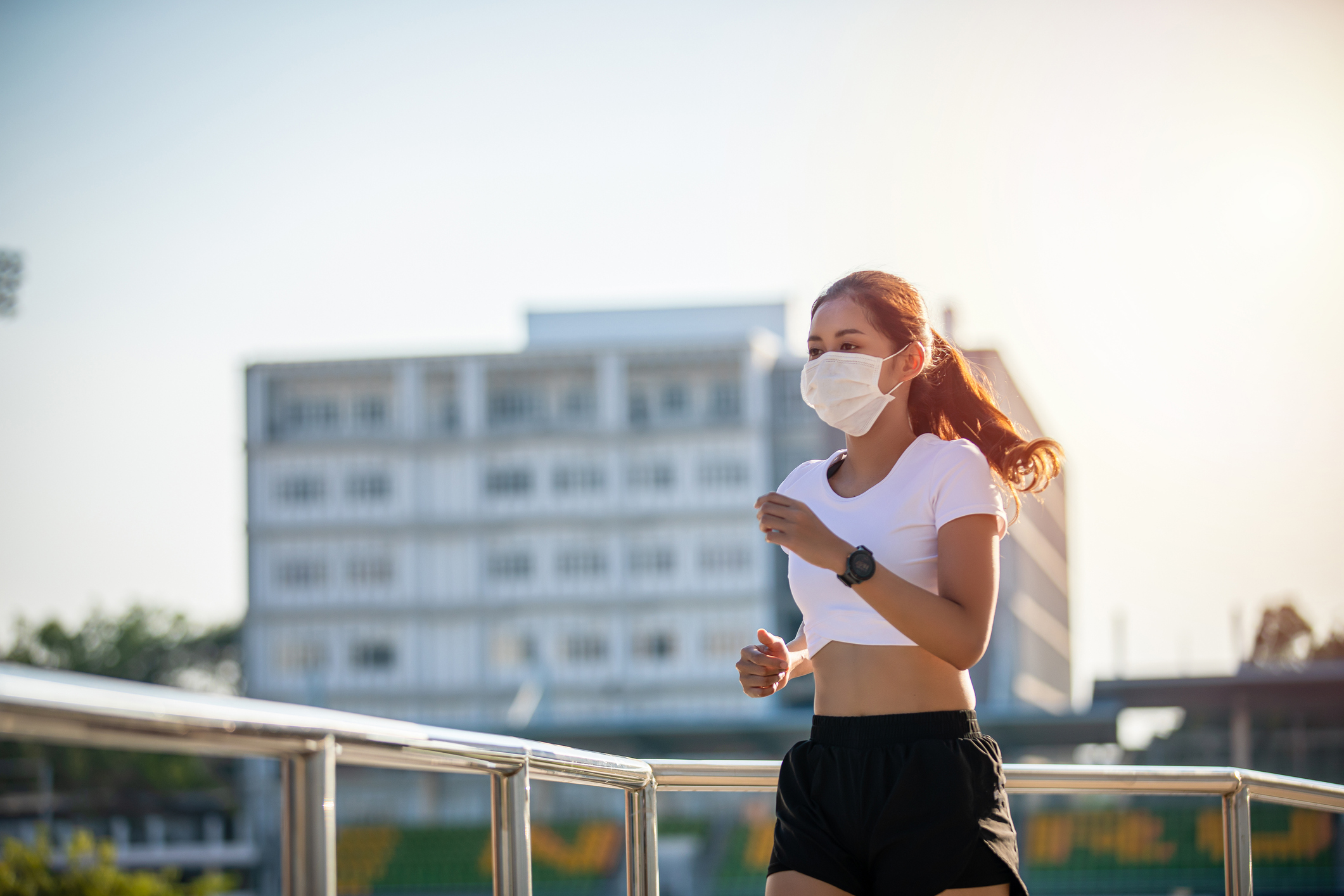
As new vaccine SpikeVax is given the green light in the UK.
If you're Googling, why haven't I had Covid yet? You're not alone.
The search term has been steadily rising over the past two years, with many wondering why, exactly, they've managed to avoid the virus - including new strains Deltacron and Stealth Omicron - so far. (Read up on the Omicron symptoms, here).
While the UK has just announced that it's become the first country to approve an entirely new vaccine, ominously named Spikevax, which has been developed to be particularly effective at targeting the new strain of Coronavirus. As per the government website, it's an "updated version of the COVID-19 vaccine made by Moderna and targets two coronavirus variants." It's been approved by the Medicines and Healthcare products Regulatory Agency (MHRA) and should be rolled out come autumn.
But back to why you haven't had Covid yet - or at least, that you know of. One medical professional called Ma Sang-hyuk went viral earlier this year after a post of his on Facebook claimed that if you've so far managed to avoid the infectious virus, it's likely because you have no friends.
While this is seemingly unlikely (he's since deleted the post and retracted his somewhat controversial comments, sharing that they were meant "metaphorically", claims news site Daily), if you haven't had the virus so far, you'll likely be wondering why.
That's why we've asked two medical professionals for their take, instead. Have you got a super strong immune system? Have you actually had the virus without realising? Or is it just sheer luck? Keep scrolling for their expert take. Don't miss our guides to how long vaccine side effects last, whether you should exercise after your Covid vaccine, and the link between the Covid vaccine and fertility, while you're here.
Marie Claire Newsletter
Celebrity news, beauty, fashion advice, and fascinating features, delivered straight to your inbox!
Why haven't I had Covid yet? 6 reasons, according to 2 drs
If you haven't had Covid yet, below is what science indicates may have helped you avoid it so far. Do note: these are the opinions of the doctors we asked, and while backed with medical research, don't conclusively confirm why you may not have had it yet.
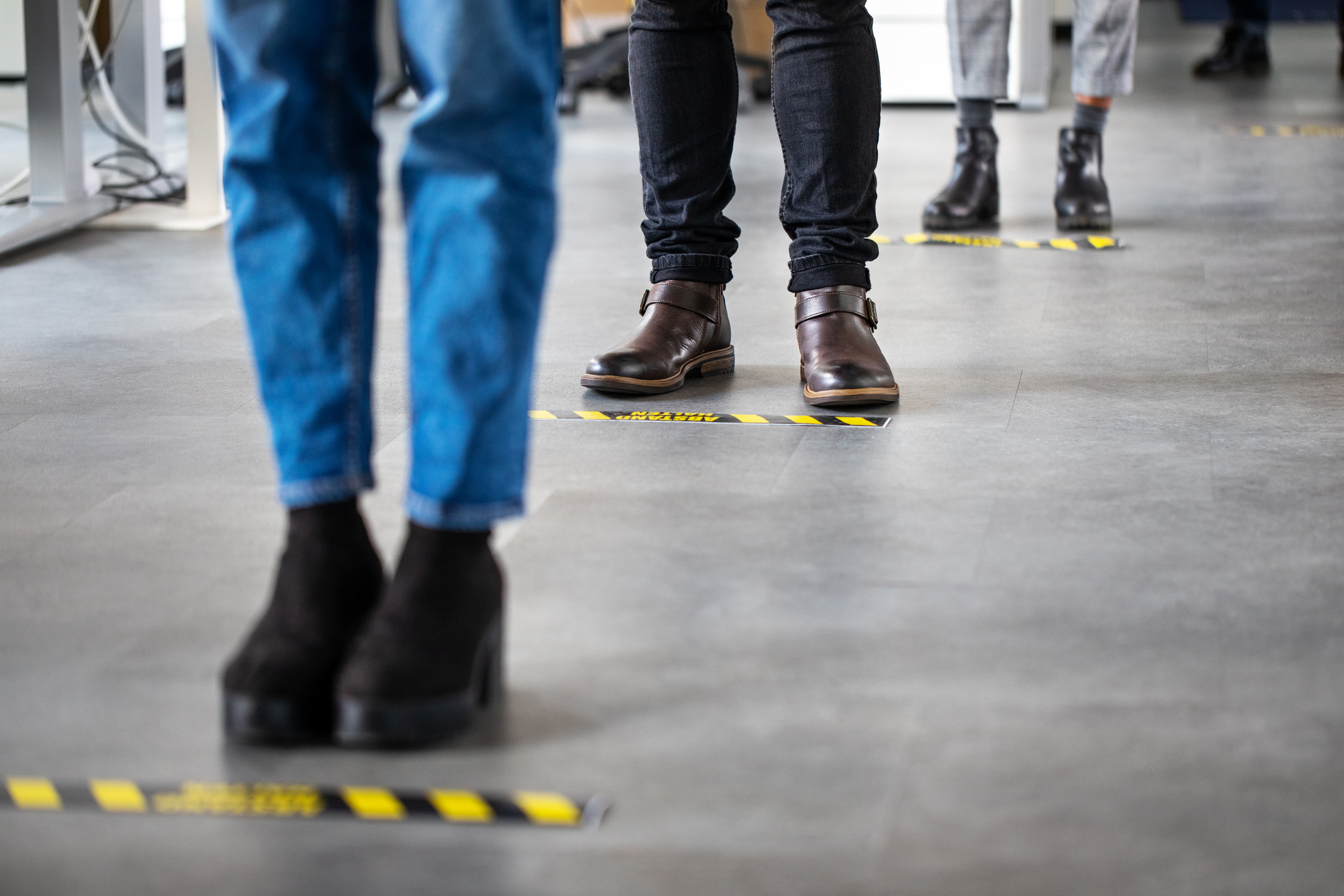
1. Air pollution in your area
According to Doctor Sam Watts, an evidenced-based Ayurvedic consultant and founder of Mind Body Medical & Ayurvedic Mentor Membership, published evidence has observed a clinically significant relationship between Covid infectivity and air pollution. "For example, evidence shows that Italian cities that exceed accepted air particle pollution rates for more than 80 days per year experienced a significantly greater rate of positive Covid infections than coastal cities with 60 or less days of high air pollution," he shares.
One research team from Yale Medical School and the National Research Council of Italy concluded in a 2020 study that Covid transmits largely via human to human infection, but also because of the amount of air pollution in your area. "This would suggest that avoiding Covid infection is potentially less to do with social contact and more to do with geographical and atmospheric variables," Watts continues. Interesting.
2. Your vitamin D levels
You read our explainer on the link between Vitamin D and Coronavirus, and our guides to Vitamin D, Vitamin D foods, and Vitamin D recipes, too. So, question - can your vitamin levels really have an impact on whether or not you contract Covid-19?
Short answer: potentially. Vitamin D is an essential compound within the body that plays a key synthesizing role in immune responses to infections, including Covid-19, explains the expert. "Early on in the pandemic, it was hypothesized that higher vitamin D levels could reduce your chances of getting Covid-19," shares Watts.
So what does the science say? Several clinical studies, including this 2020 JAMA Netw Open paper, have observed the hypothesis to be true, interestingly. "Research shows that if you are deficient in vitamin D, you are significantly more likely to become infected than people with sufficient vitamin D levels. This evidence provides a compelling argument that blood vitamin D level prior to and during the Covid-19 pandemic was protective against positive infections, highlighting the importance of sufficient vitamin D daily supplementation."
Pete Williams, medical scientist, functional medicine practitioner, and founder of Functional Medicine Associates agrees, that adding studies show higher vitamin D levels not only provide better protection but also significantly reduce the risk of hospitalisation and serious negative outcomes. "A recent meta-analysis showed that a min level of 125 nmol/l should be aimed for," he shares.
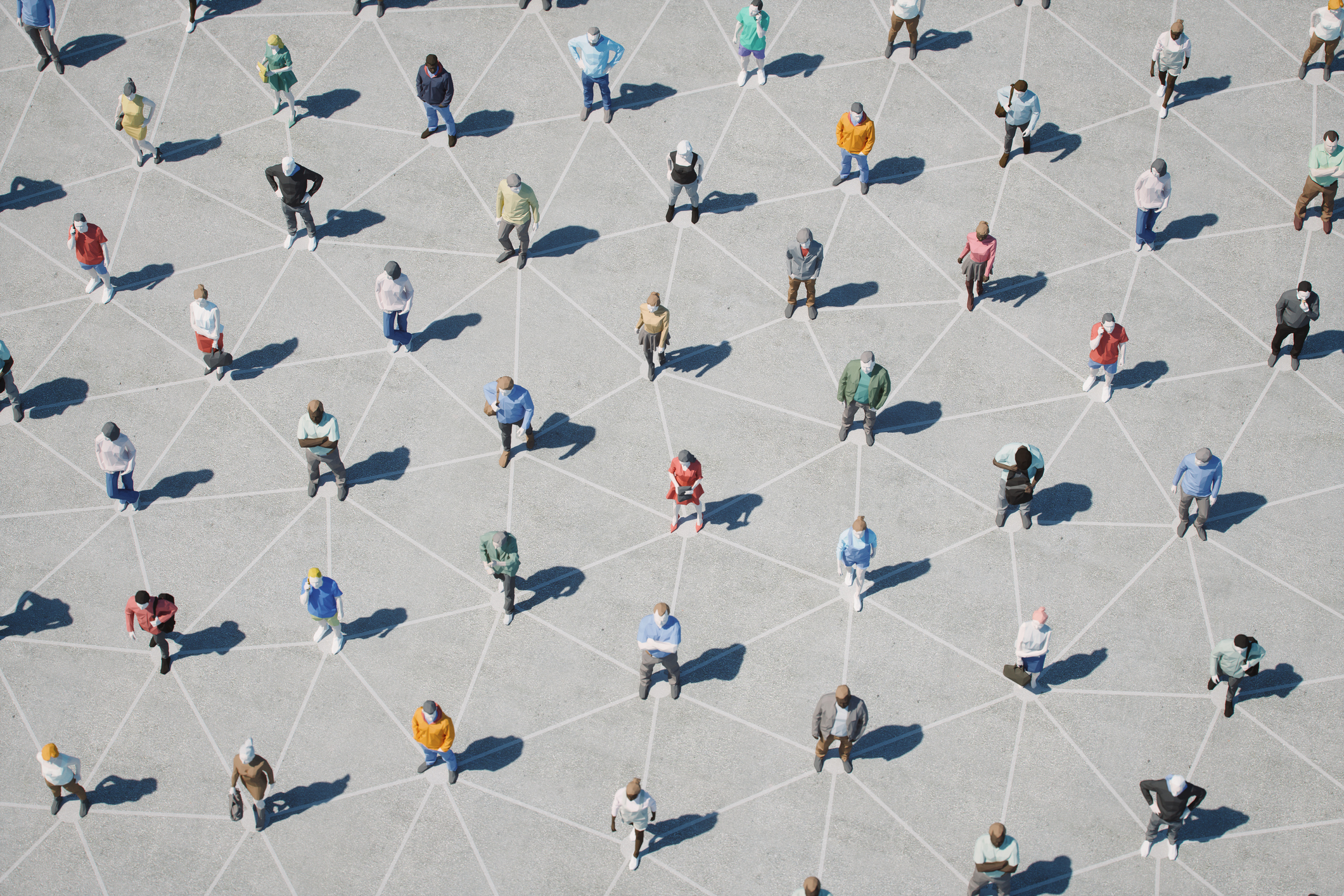
3. Tree density near your home
We touched on the environment being important in the air pollution point above - but is it important in other ways, too? It could be. As Watts explained, a 2021 study published in Environmental Chemistry observed a clinically significant reduction in Covid-19 infection rates in communities with higher areas of forest and green spaces.
In short, anyone who lived with over 0.3 hectares of forest per capita had less chance of catching Covid-19, the study concluded. Why? Well, it doesn't take a rocket scientist to work out that if you're further away from people, you're less likely to catch the virus.
That being said, Watts reckons there's another side to it, too. "Trees, particularly those found in southern and western Europe, emit high levels of airborne chemicals called volatile organic compounds (structurally similar to aromatherapy essential oils)," he shares. "These compounds have clinically proven immune-modulating and anti-viral activity, and it was hypothesized that those breathing in air containing higher levels of them could have a higher level of protection against airborne viral infections such as Covid-19.
4. Maintaining a healthy weight
You've likely seen the reports on the link between Covid-19 and a higher BMI - but did you know that studies have shown that obesity puts you at approximately three times more risk of catching the virus?
"There is also evidence to suggest that diabetes or other comorbidities - eg having more than one chronic inflammatory disease or condition such as COPD, hypertension, and cardiovascular disease - present a higher risk of having Covid," adds Williams.
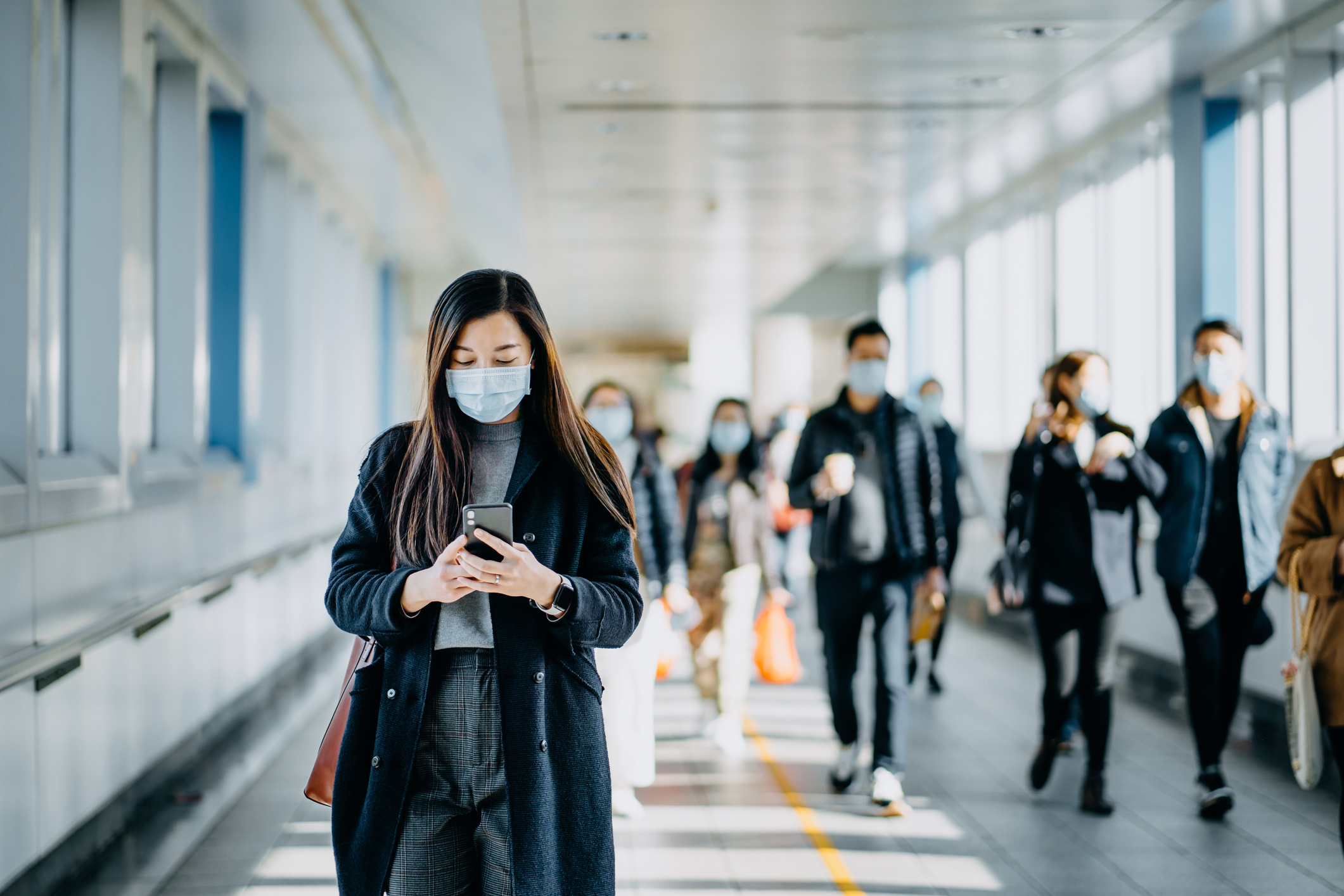
5. Working out regularly
Similarly, consistent moderate exercise - that's three or more workouts of 30 minutes or more every week - primes your immune system to be better at protecting you, shares the expert.
"The term “immunosurveillance" explains it, and means that the increased blood flow being pumped around your body from exercise can more easily transport immune soldiers to places of trouble to fight," explains Williams.
"Exercise also directly primes the immune system to make more effective immune fighting cells than normal," he shares.
6. Herbal medicine
Bear with us on this one. While no, herbal medicine can't out and out prevent you from getting Covid-19, studies have shown that they can be a powerful tool for boosting your immune system.
A bit of background from Watts, first: herbal medicines have been used by humans for at least 50,000 years in both the prevention and treatment of illness and disease, he shares. "This is particularly true in the management of both bacterial and viral respiratory infections."
He shares that there is now compelling evidence to highlight the immune-modulating and anti-viral activity of several key herbal medicines, such as andrographis, skullcap, and elderberry against the Covid-19 virus.
"Loads of research has been conducted into the use of herbal medicines as a prophylaxis against Covid-19, which suggests a clear protective benefit from some herbs which are able to suppress Covid-19’s ability to dock onto human cells," he continues. "This is further supported by public health data which has observed lower infection rates in communities using herbal prophylaxis in both China and India - meaning evidence-based herbal medicines may have the capacity to reduce your risk of infection."
While none of the above are conclusive, and there will likely never be one conclusive reason why you didn't catch Covid-19, they help to paint a picture of just how complex the virus is and how many factors are at play here. What do you reckon?

Ally Head is Marie Claire UK's Senior Health and Sustainability Editor, nine-time marathoner, and Boston Qualifying runner. Day-to-day, she heads up all strategy for her pillars, working across commissioning, features, and e-commerce, reporting on the latest health updates, writing the must-read wellness content, and rounding up the genuinely sustainable and squat-proof gym leggings worth *adding to basket*. She also spearheads the brand's annual Women in Sport covers, interviewing and shooting the likes of Mary Earps, Millie Bright, Daryll Neita, and Lavaia Nielsen. She's won a BSME for her sustainability work, regularly hosts panels and presents for events like the Sustainability Awards, and is a stickler for a strong stat, too, seeing over nine million total impressions on the January 2023 Wellness Issue she oversaw. Follow Ally on Instagram for more or get in touch.
-
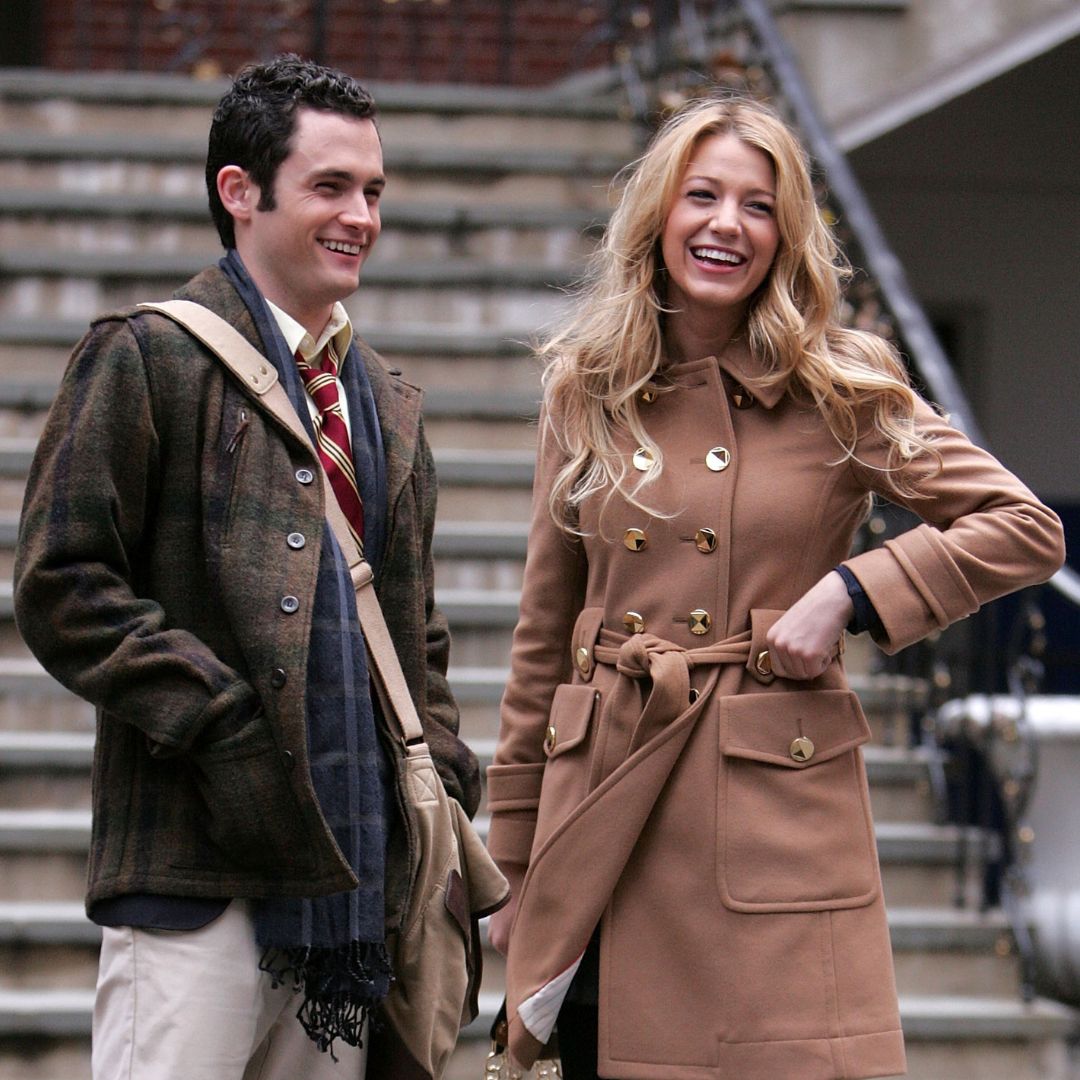 Penn Badgley and Blake Lively kept their breakup a secret from the Gossip Girl cast and crew - here's what we know about their former relationship
Penn Badgley and Blake Lively kept their breakup a secret from the Gossip Girl cast and crew - here's what we know about their former relationshipBy Jenny Proudfoot
-
 Spring has finally sprung - 6 best outdoor workouts that are totally free and boost both body and mind
Spring has finally sprung - 6 best outdoor workouts that are totally free and boost both body and mindSoak in the nature and boost Vitamin D *and* endorphins.
By Anna Bartter
-
 This iconic rose perfume is a compliment magnet—it makes me feel ‘put together’ after just one spritz
This iconic rose perfume is a compliment magnet—it makes me feel ‘put together’ after just one spritzGrown-up and elegant, yet not at all dated.
By Denise Primbet
-
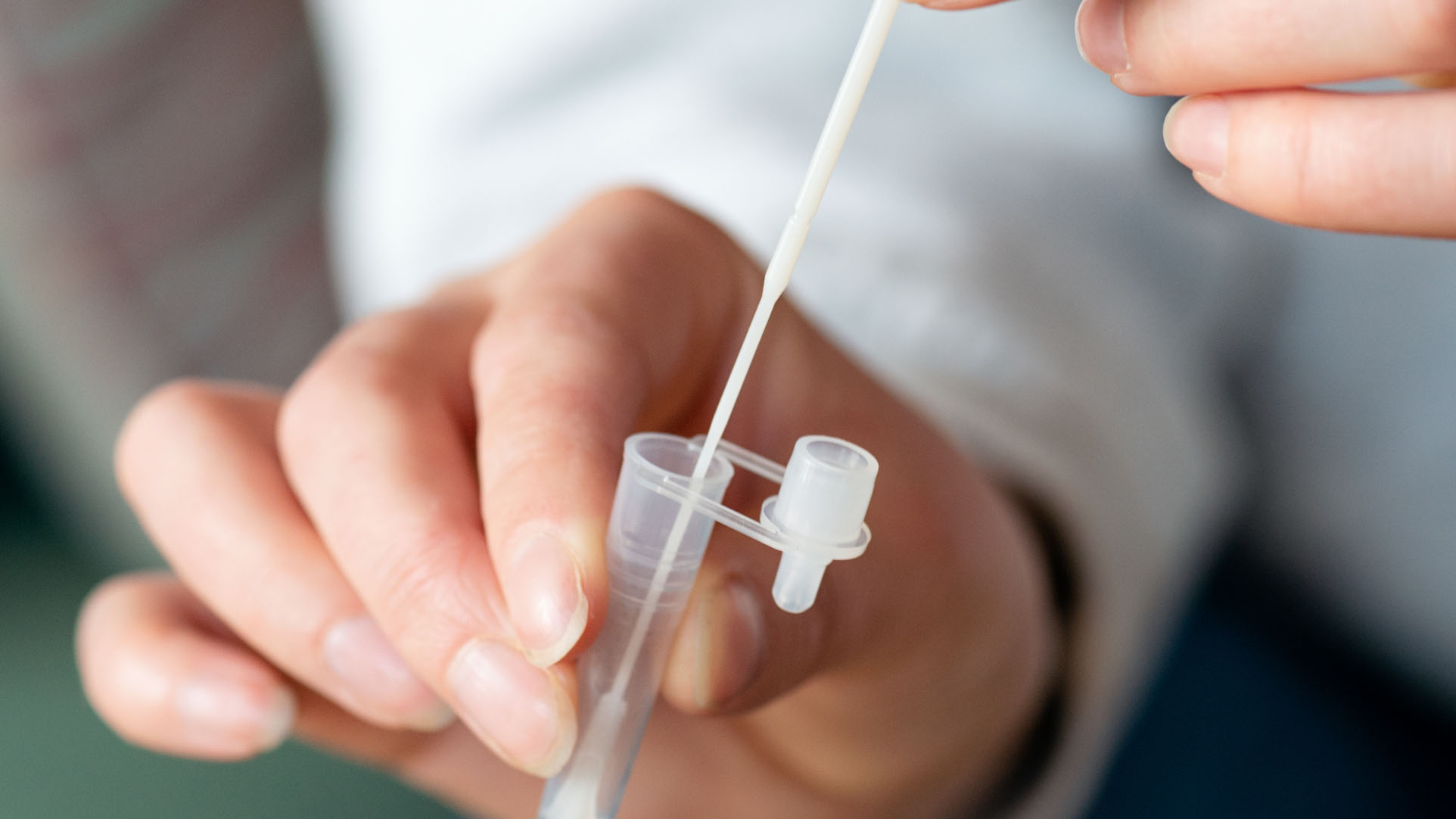 Here's how much lateral flow tests will cost, now that free testing is over
Here's how much lateral flow tests will cost, now that free testing is overIt's thought lateral flows will be more expensive in the UK than in most other parts of the world.
By Ally Head
-
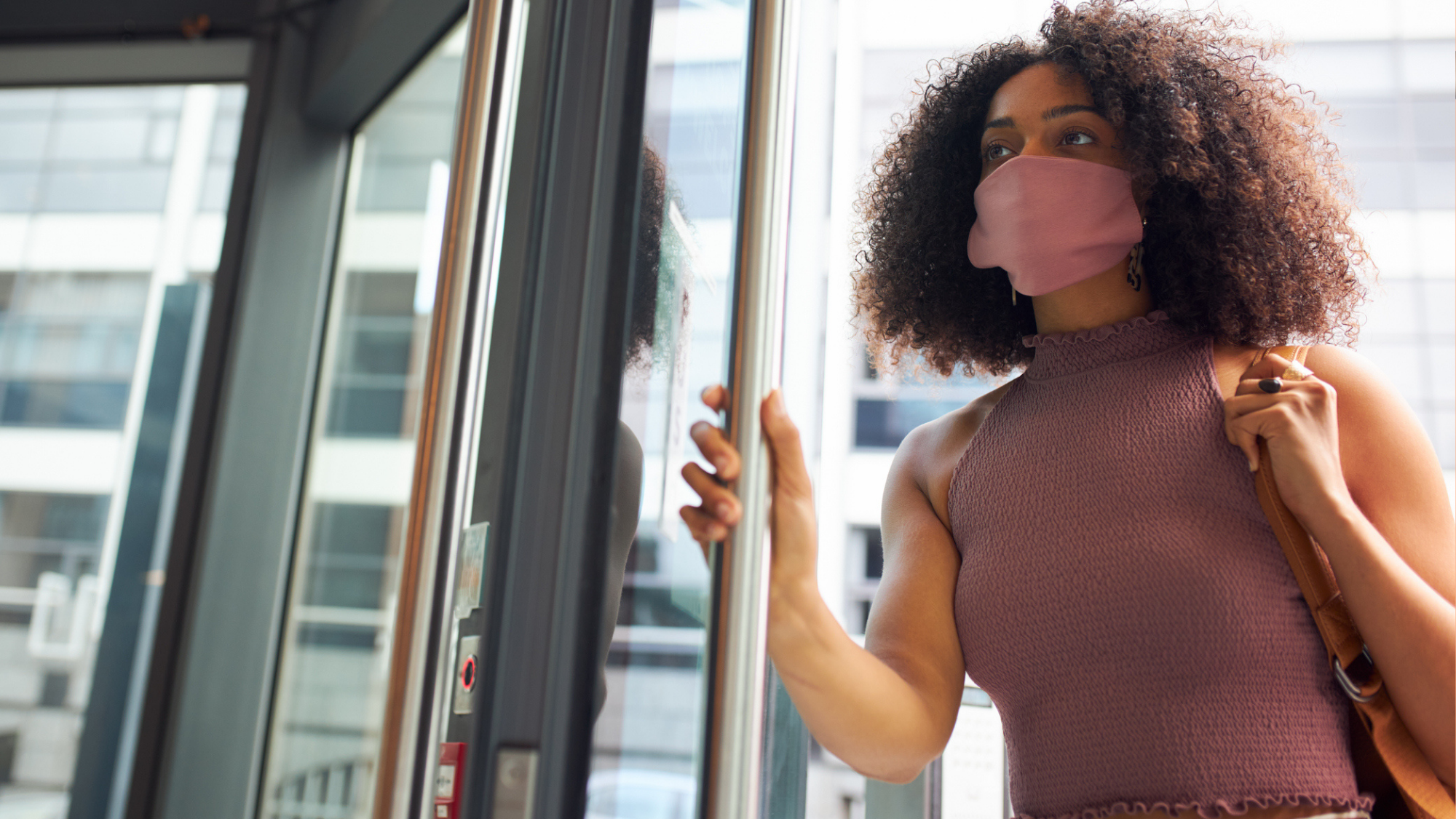 So, does Omicron cause stomach pain? Plus 7 other flags you may have the virus
So, does Omicron cause stomach pain? Plus 7 other flags you may have the virusThe Office For National Statistics reported last week that around one in 16 people currently has Covid in the UK.
By Ally Head
-
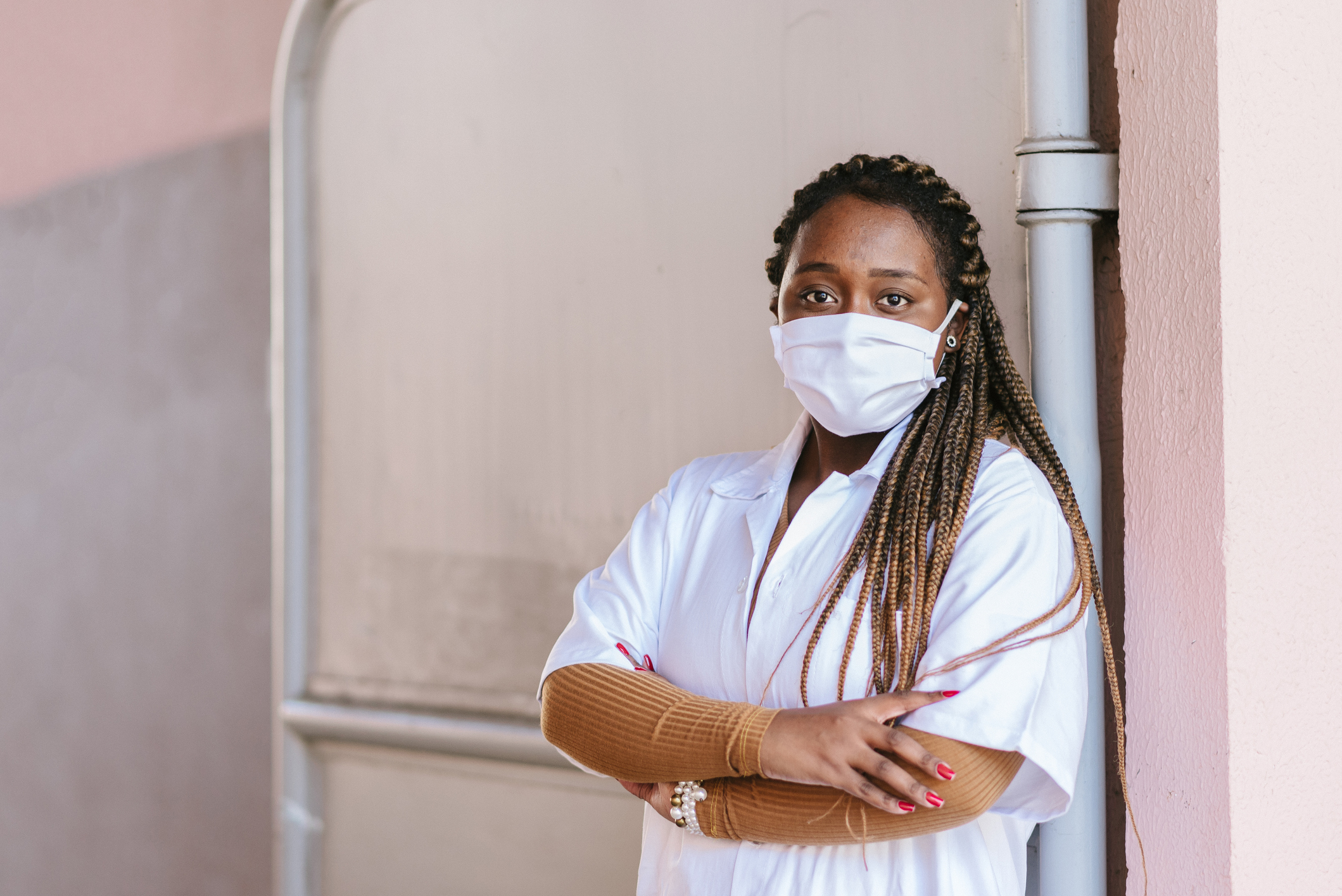 Your need-to-knows about the two new Covid variants, plus whether you need to be worried
Your need-to-knows about the two new Covid variants, plus whether you need to be worriedThey're being called "Deltacron" and "Stealth Omicron".
By Ally Head
-
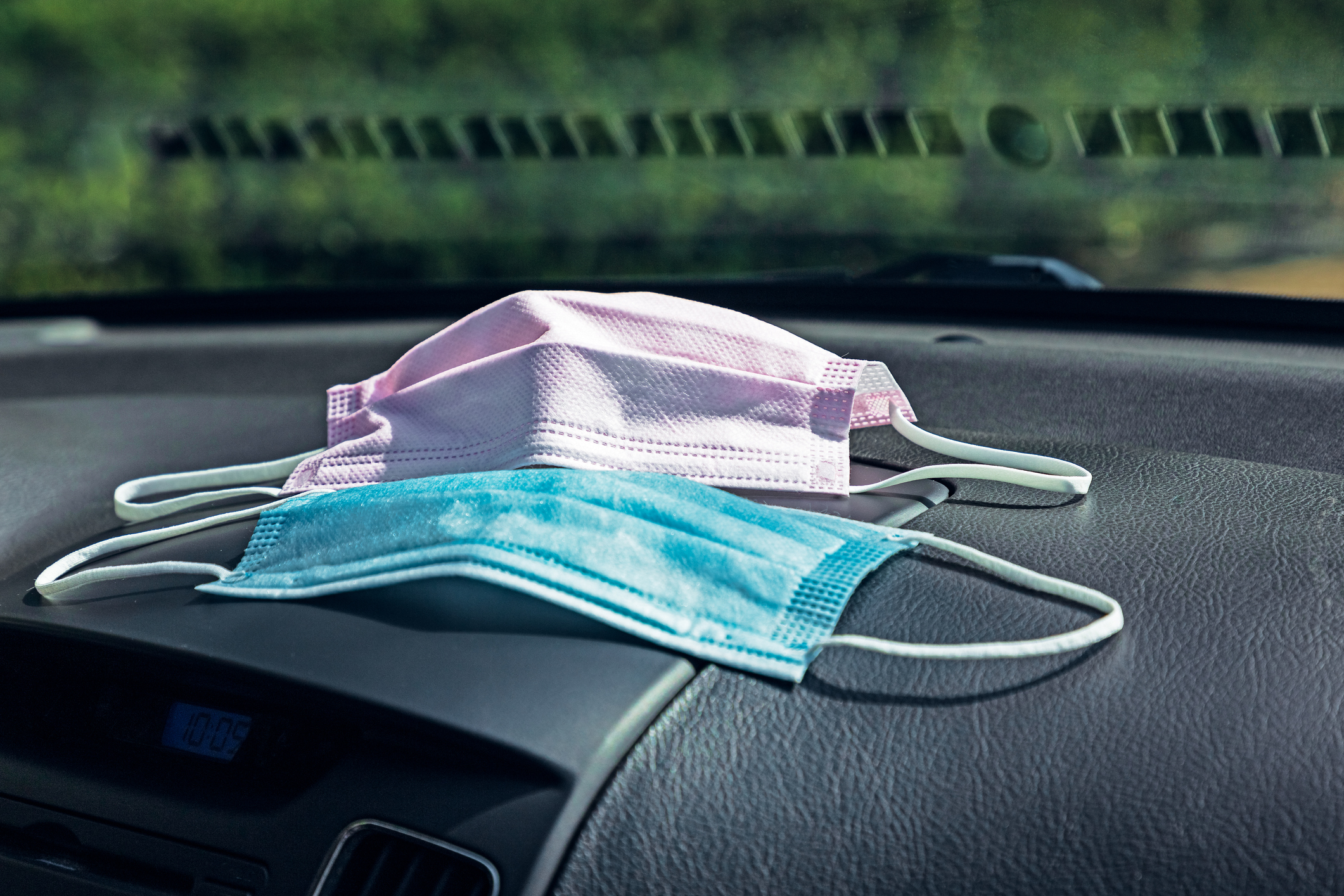 Those in contact with Covid-19 to test daily, plus all adults offered booster jabs to halt Omicron "tidal wave"
Those in contact with Covid-19 to test daily, plus all adults offered booster jabs to halt Omicron "tidal wave"Daily testing will be implemented from tomorrow, according to the latest announcement.
By Ally Head
-
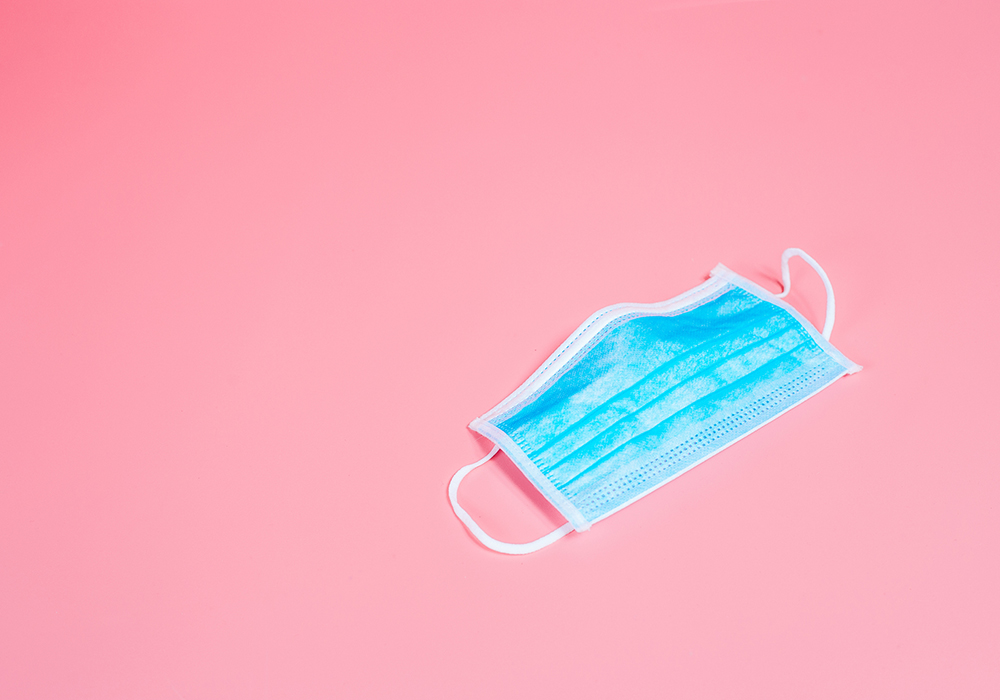 Omicron may have slightly different symptoms, says doctor who first discovered the variant
Omicron may have slightly different symptoms, says doctor who first discovered the variantThe new COVID-19 variant was first reported in South Africa last week.
By Catriona Harvey-Jenner
-
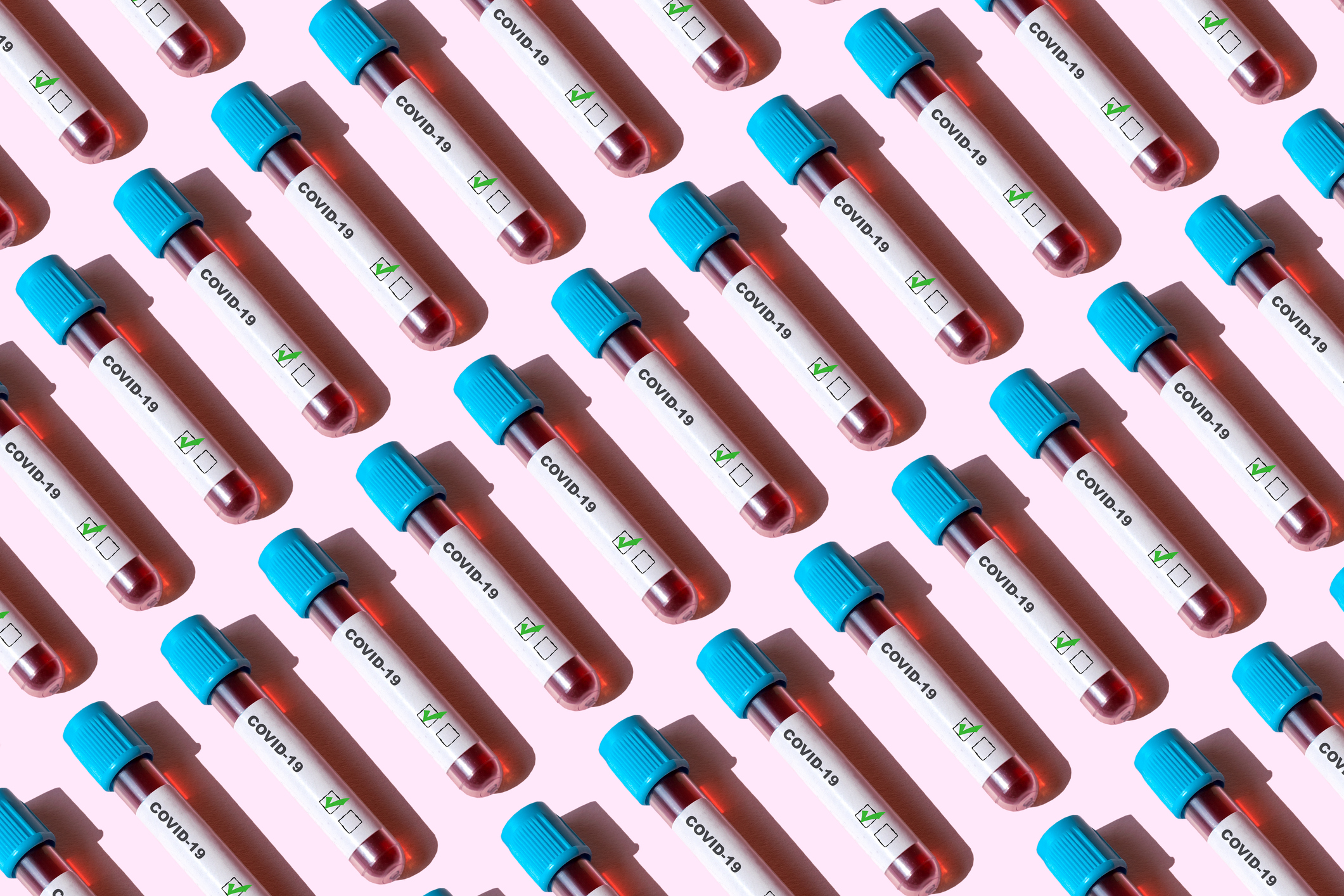 43,000 PCR tests across the UK have shown false negatives
43,000 PCR tests across the UK have shown false negativesTest and trace has been suspended, as a result
By Ally Head
-
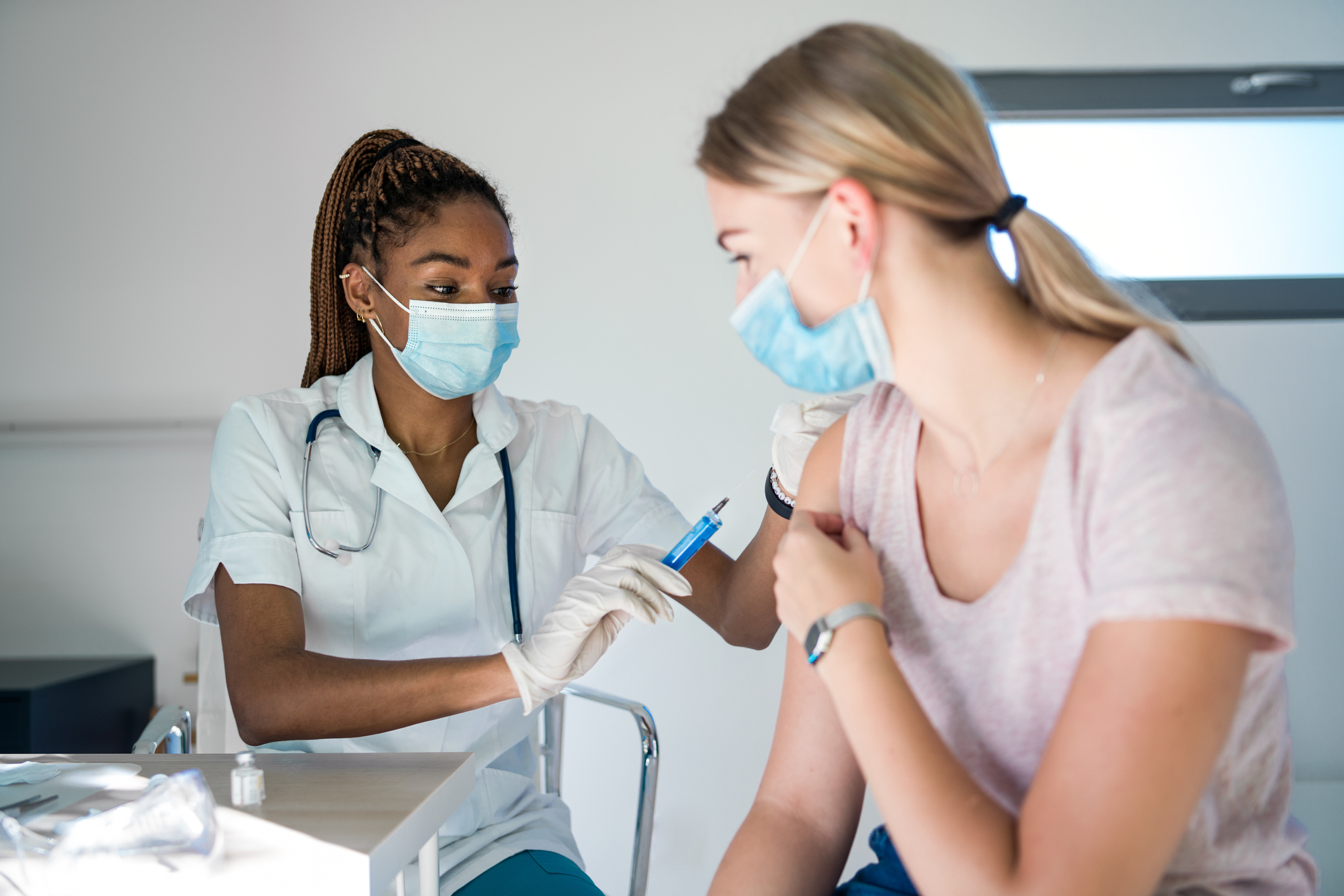 Jabs may only offer 50% protection by winter, scientists discover
Jabs may only offer 50% protection by winter, scientists discoverNew research has concluded that the vaccine appears to become less effective as time goes on
By Ally Head
-
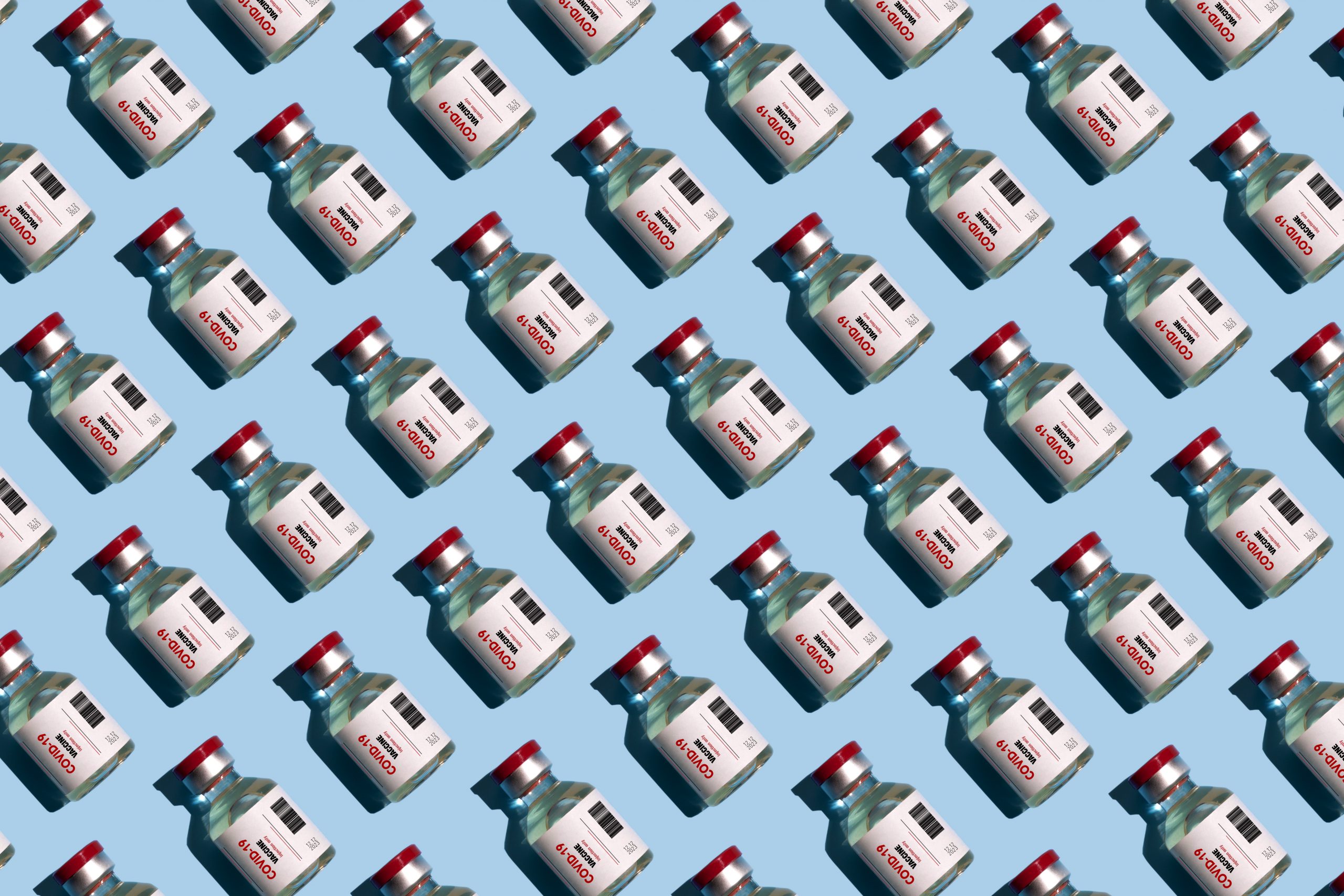 Delta variant spreads from double-vaxxed at same rate as those without jab
Delta variant spreads from double-vaxxed at same rate as those without jab"You may not be as protected from the Delta variant as hoped."
By Ally Head